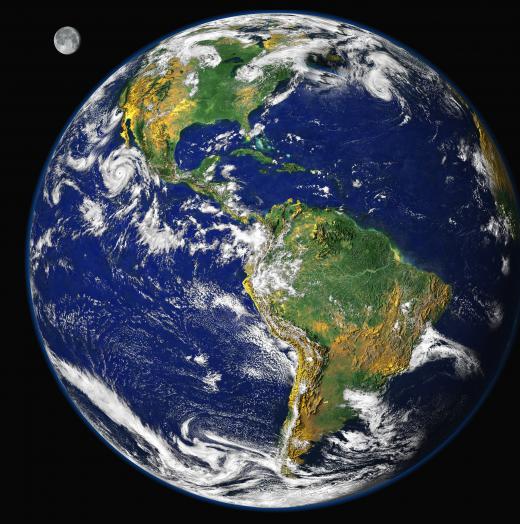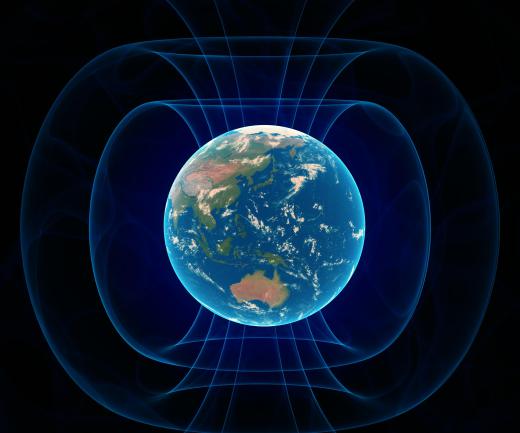What is the Rare Earth Hypothesis?
 Michael Anissimov
Michael Anissimov
The Rare Earth hypothesis claims that the Earth is rare, and that few planets can support complex life. The Rare Earth hypothesis stands in contrast to the principle of mediocrity, which assumes that the Earth must be a typical planet, as there should be nothing special about humanity or the Earth. Numerous arguments for the Rare Earth hypothesis have been put forward, to explain why the Earth is unique; some analyses suggest that the Earth is the only planet capable of supporting complex life in the Milky Way, or even the entire visible universe.
Supporters of the Rare Earth hypothesis point out the long list of conditions needed to evolve complex life on Earth. Abiogenesis, the creation of life, requires a broth for organic chemicals to react in, which in turn requires large bodies of water. No planet other than Earth is known to have liquid water in significant quantities, and few planets have the right temperature for water to stay a liquid; if the planet is too hot, the water will boil off into space, and cold planets will keep all their water frozen.

The development of complex life also requires the planet to be protected from hazards such as cosmic radiation, extreme weather conditions, and asteroid impacts. According to the Rare Earth hypothesis, the Earth may be unusually lucky in this regard. The outer planet Jupiter has a strong enough gravitational field to bend the paths of comets headed towards the inner solar system and Earth. The Moon's unusually large size allows it to stabilize the Earth's axis, keeping climate patterns stable, and the Earth's geology gives it a strong magnetic field, helping to deflect high-energy protons and other charged cosmic radiation. It is unlikely that any random planet, even if it has liquid water, would have all of these shields in place to prevent extinction events.

The Rare Earth hypothesis remains controversial, and many scientists have pointed out that an Earth-type environment may not be the only one which can support life. Even if the evolution of complex life is rare, the Milky Way galaxy alone contains more than a hundred billion stars, providing many chances for life to evolve. Future space missions, designed to directly observe extrasolar planets, could help to resolve some of these questions by measuring the habitability of large numbers of planets orbiting stars close to the Sun.
AS FEATURED ON:
AS FEATURED ON:













Discussion Comments
@clintflint - The problem is that we have no point of comparison. We have never even been able to investigate other solar systems. The closest we've gotten to that is to look at them through telescopes and try to figure out if they have planets by calculating the wobble of stars.
One day we might be able to better speculate about this stuff, but at the moment we're just groping in the dark.
@MrsPramm - One of the reasons given for that being unlikely is that if there was a lot of other life in the universe, then where is it? We've been sending out radio signals for a long time now, both inadvertently and deliberately and we haven't heard a single thing back.
The rare Earth hypothesis at least leaves open the possibility that there is other life in the universe, but just that it is so rare that searching for it (or its search for us) is like looking for a needle in a very large haystack.
I agree with the scientists that point out that Earth might not be the only environment capable of fostering life. We have no idea what could arise in other environments because we have so few other environments to witness first hand.
The moon and possibly Mars are pretty much the only ones that we've really been able to eliminate as candidates for life and even then I think we've just scratched the surface of both places.
For all we know there are forms of life that can exist on the surface of a star, or in the vacuum of space.
Even if the conditions that produced Earth aren't replicated very often (and I'm not convinced of that either) life itself could arise almost anywhere as far as we know.
Post your comments